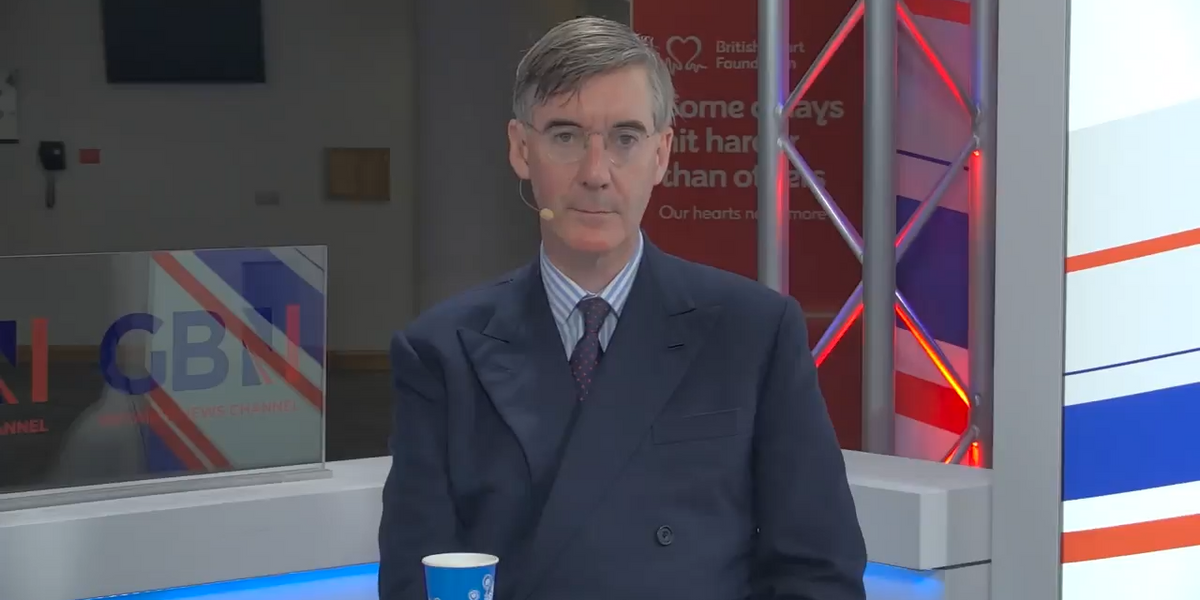The Conservative Party’s Path Forward: A Call for Unity with Reform
As the political landscape in the UK continues to evolve, the Conservative Party finds itself at a crossroads. The slogan for the upcoming 2024 Conservative conference, "Review and Rebuild," may lack the punch of past rallying cries like "Labour isn’t working" or "Make America Great Again," but it carries a crucial message of hope and renewal. This article explores the potential for a collaborative future between the Conservative Party and the Reform Party, highlighting the necessity of unity in the face of political challenges.
The Current Political Climate
The Conservative Party is grappling with significant challenges as it seeks to regain the trust of the electorate. Recent polling indicates a growing discontent among voters, prompting the need for a fresh approach. The phrase "Review and Rebuild" suggests a commitment to introspection and a willingness to adapt, but it also raises questions about the party’s direction and strategy moving forward.
The Case for Collaboration
In light of the shifting political dynamics, the idea of a Tory-Reform electoral pact has emerged as a potential solution. A recent poll conducted by Popular Conservatism revealed that a majority of Conservative members support an alliance with the Reform Party, with 70% expressing a desire for closer relations with Nigel Farage. This overwhelming support underscores the urgency of exploring collaborative efforts to strengthen the Conservative position in British politics.
The Influence of Reform
Reform has established itself as a formidable player in the political arena, transcending the limitations of its predecessors, UKIP and the Brexit Party. Unlike these one-issue parties, Reform presents a comprehensive platform that resonates with a broad spectrum of conservative values. The party’s focus on key issues such as immigration, law and order, and net-zero policies aligns closely with the core principles of the Conservative Party, making collaboration a logical step forward.
Bridging the Divide
The Conservative Party’s base shares many commonalities with Reform’s supporters, creating a unique opportunity for collaboration. By working together, both parties can amplify their voices and present a united front against the opposition. In a first-past-the-post electoral system, division among conservative factions can lead to electoral losses, making unity essential for success.
The Role of Leadership
Leadership plays a critical role in fostering collaboration between the Conservative Party and Reform. Figures like Jacob Rees-Mogg, who have publicly advocated for a partnership, can help bridge the gap between the two parties. Rees-Mogg’s recognition of Reform’s influence and his call for an alliance reflect a growing acknowledgment within the Conservative Party of the need to adapt to the changing political landscape.
A Vision for the Future
The potential for a Tory-Reform alliance is not merely about electoral strategy; it represents a vision for the future of British conservatism. By embracing Reform’s ideas and incorporating them into their platform, the Conservative Party can rebuild trust with the electorate and present a compelling alternative to the opposition. This collaboration could pave the way for innovative policies that address the concerns of voters while staying true to conservative values.
Conclusion: A Call to Action
As the Conservative Party prepares for its 2024 conference, the message is clear: it is time to consider a partnership with Reform. The political landscape is shifting, and the need for unity has never been more pressing. By coming together, the Conservative Party and Reform can harness their shared values and vision to create a stronger, more resilient political force. The future of British conservatism depends on this collaboration, and it is an opportunity that cannot be overlooked. The time for action is now, and the path forward is one of hope, unity, and renewed purpose.
